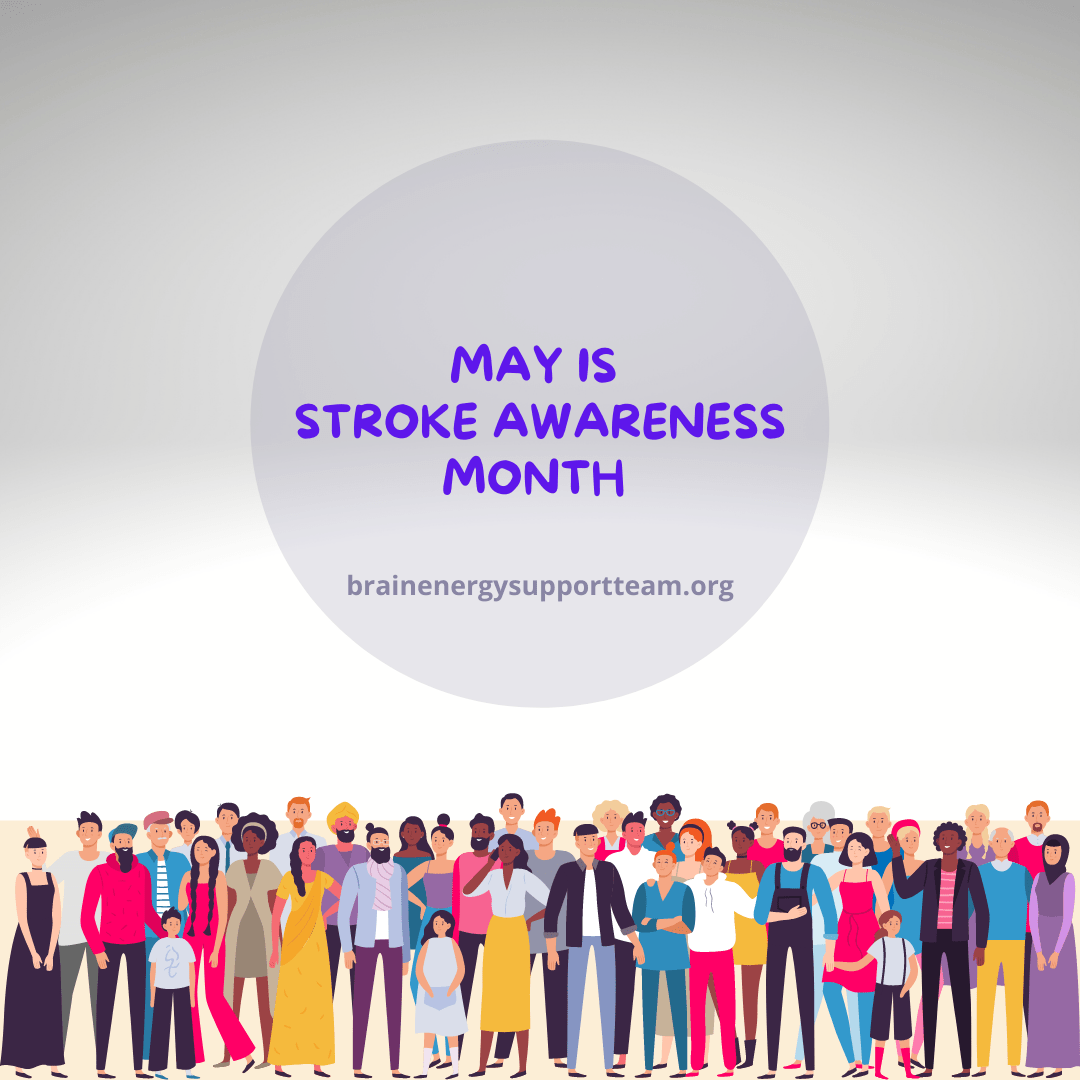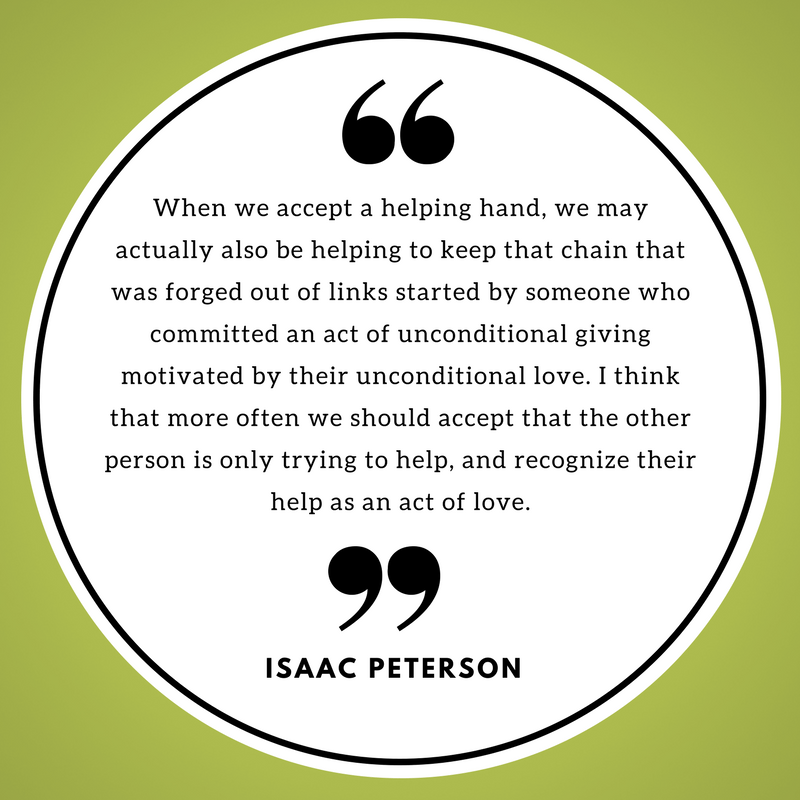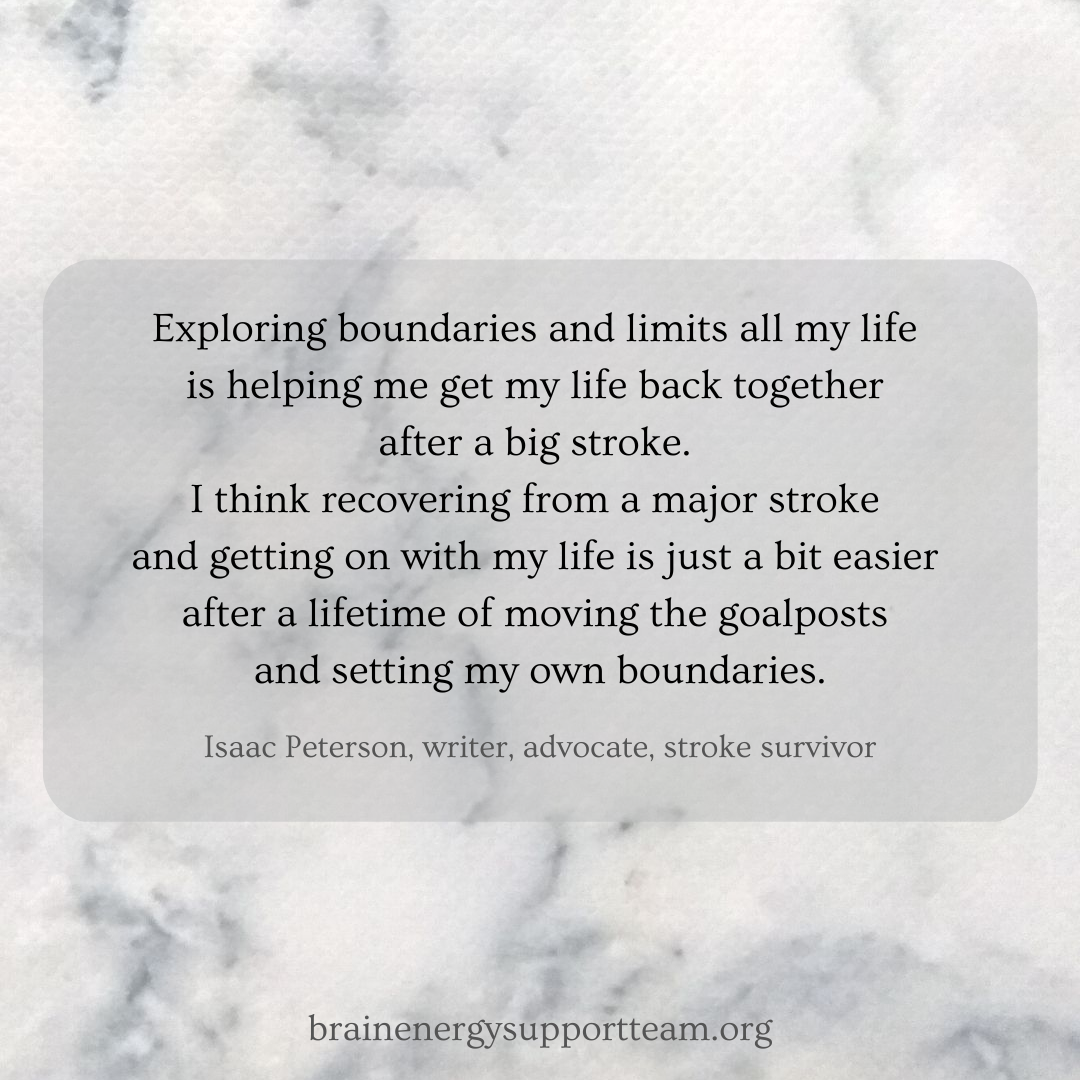Recently, one of my housemates has been complaining daily about severe headaches. I’ve urged him to see a doctor, but he won’t do it.
Although headaches are a rarity with me, since my acquired traumatic brain injury, I’m a bit leery when it comes to headaches.
I haven’t been able to reach my housemate, but maybe I can help somebody who might see my words. The information I’m about to catalog is from the Mayo Clinic and Harvard Medical websites, but shouldn’t be taken as medical advice—see a doctor for that.
Headaches are classified as primary and secondary.
Common primary headaches are:
- Cluster headaches, several headaches in one day.
- Tension headaches, caused by stress and happen when the neck and shoulders become tense.
- Cough headaches are triggered by coughing and other types of strain, like laughing, sneezing or nose-blowing.
- Exercise headaches happen during or immediately after physical activity.
There are other primary types of headaches, but most can be treated with aspirin, acetaminophen, or ibuprofen. Different types of primary headaches can be dealt with by improving posture, avoiding excess alcohol, not skipping meals, getting enough sleep, or avoiding processed foods that contain nitrates.
Many people with brain injuries experience some type of headaches, and hopefully the cause will be diagnosed and treated during the course of treatment for their brain injury.
I almost forgot to mention so-called ice cream headaches or brain freeze. They are actually primary headaches, and although they can be kind of intense, they usually only last a few seconds and are not serious.
Secondary headaches, on the other hand, are something to be more concerned about.
Secondary headaches can be symptoms of disorders that can activate pain-sensitive nerves in the head and can lead to real damage or death.
Some types of secondary headaches can result from:
- Acute nasal and sinus infection.
- Blood clots in the brain.
- Brain tumors.
- Tears in the walls of arteries or aneurysms.
- Carbon monoxide poisoning.
- Arteriovenous malformation (AVM). AVM happens when groups of blood vessels form incorrectly (I have personal experience with AVM and can vouch they can lead to strokes).
- Meningitis.
- Medication overuse.
- Spinal headaches, caused by low pressure in, or low volume of cerebrospinal fluid.
There are many, many other types of headaches; these are just a few.
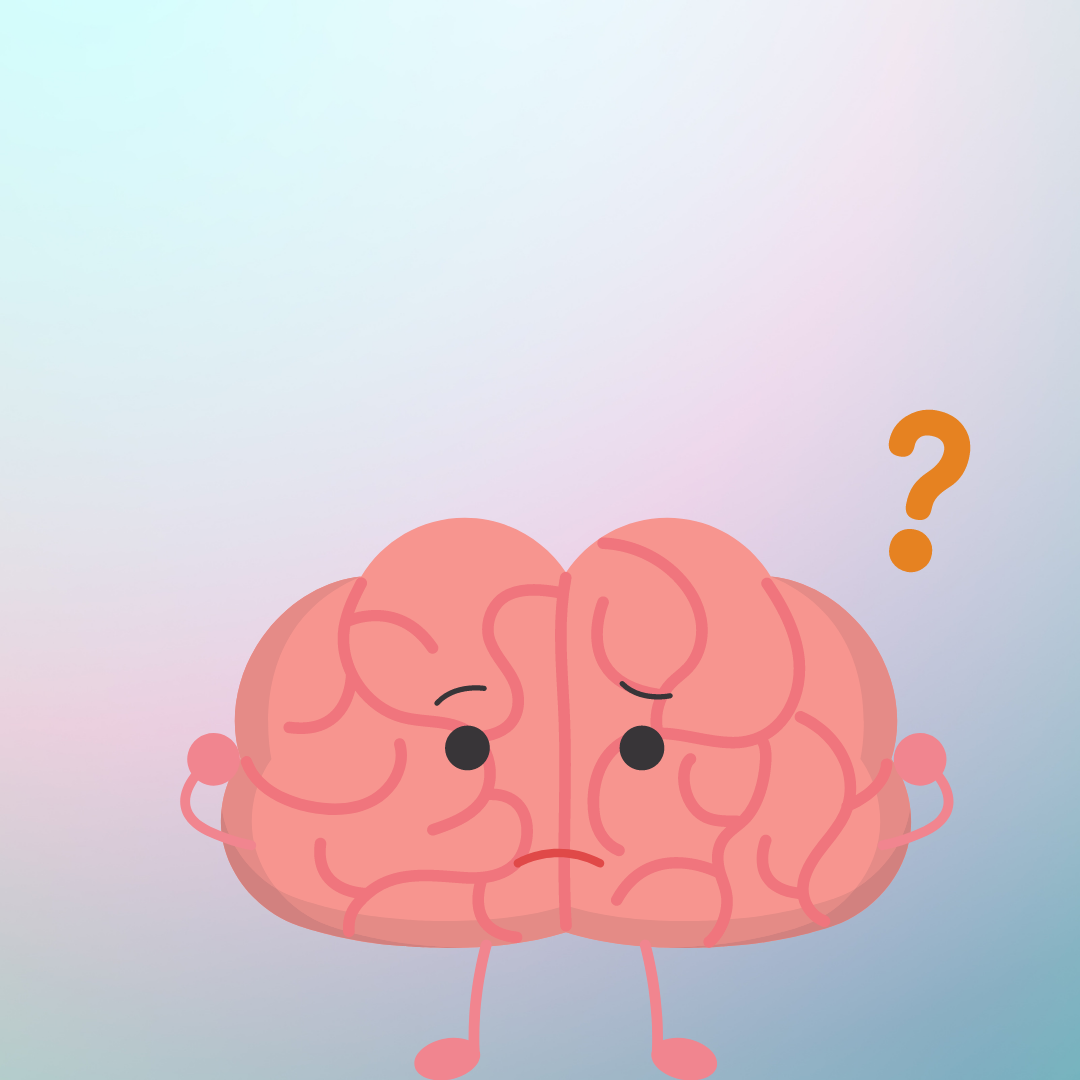 It is near impossible to always know the cause of a headache, but they all have one thing in common: if the headache is severe and chronic, you will want to see a doctor to figure out what’s wrong. Your brain is trying to tell you something, and a doctor, especially a neurologist, can tell you what it’s saying.
It is near impossible to always know the cause of a headache, but they all have one thing in common: if the headache is severe and chronic, you will want to see a doctor to figure out what’s wrong. Your brain is trying to tell you something, and a doctor, especially a neurologist, can tell you what it’s saying.
You may need an MRI, CT scan, EEG or other type of diagnostic tool. They are expensive, and they may not turn up anything, but if you value your life, you will get medical attention or risk paying a steeper cost, not measured in dollars.
I can think of two people, one famous, the other one not so much, who didn’t get medical attention and paid dearly for it.
The first one, the famous one, was Laura Branigan, who sang the hit song Gloria. Laura had intense headaches for more than a week and never got it checked out. She died in her sleep from a brain aneurysm.
The other one, the not-famous one, is me. I had bad headaches and vertigo and tried to treat it with aspirin, right up until a major stroke happened, the result of an AVM aggravated by undiagnosed high blood pressure.
Like everything I write these days, there is much more to this subject than what I’ve passed along. The main point here is to listen to your brain—it can be trying to give you a serious warning that something is very wrong.
I just hope my housemate sees this and gets looked at. Maybe there’s nothing seriously wrong, but why take chances?
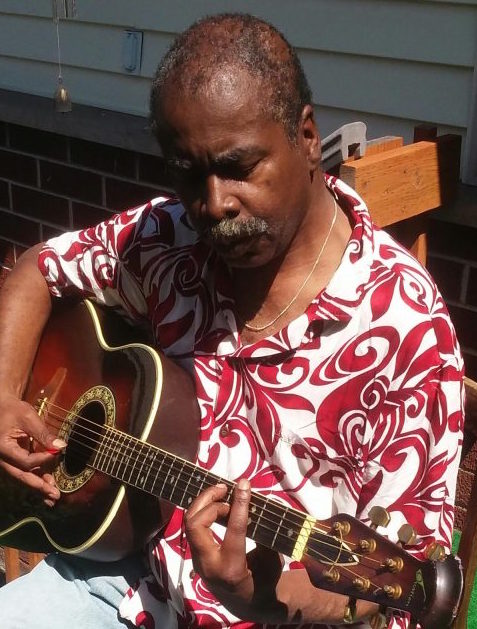 | Isaac Peterson grew up on an Air Force base near Cheyenne, Wyoming. After graduating from the University of Wyoming, he embarked on a career as an award-winning investigative journalist and as a semi-professional musician in the Twin Cities, the place he called home on and off for 35 years. He doesn’t mind it at all if someone offers to pick up his restaurant tab and, also, welcomes reader comments. Email him at isaac3rd@gmail.com. Read more articles by Isaac here; https://www.brainenergysupportteam.org/archives/tag/isaac-peterson |
|---|

